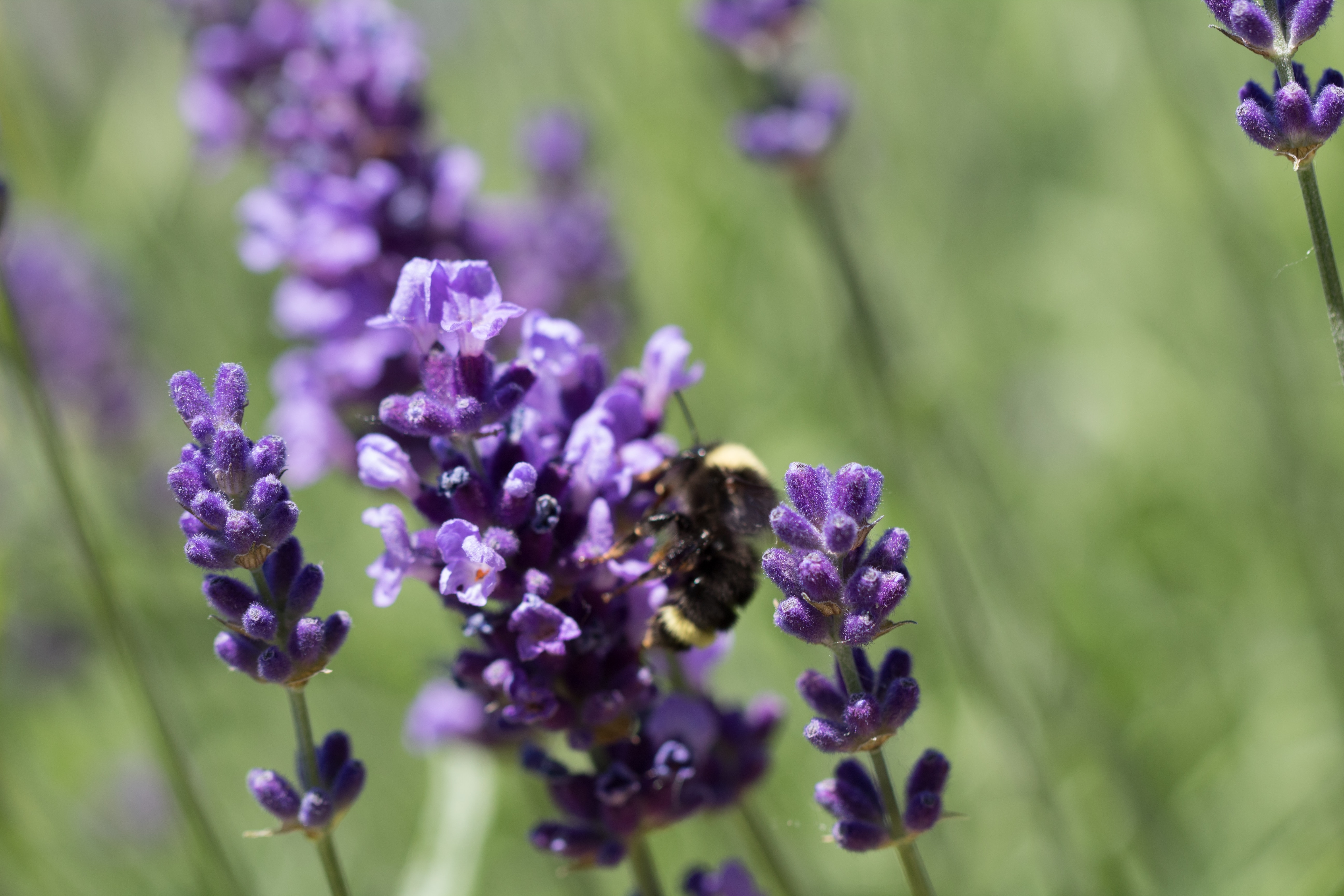In an era where environmental consciousness is at the forefront, homeowners and communities are seeking sustainable alternatives to traditional lawns. A compelling and eco-friendly solution gaining momentum is to replace your lawn with native plants. By embracing the beauty and benefits of indigenous flora, we can create vibrant landscapes that support local ecosystems, conserve water, and reduce the ecological footprint. This article delves into the advantages of replacing lawns with native plants and offers guidance on how to embark on this journey towards a greener and more resilient future.
The Case for Native Plants
Thriving in Harmony: Native plants have evolved alongside local wildlife, forming intricate ecological relationships. By introducing native species, we promote a harmonious coexistence, providing vital habitats and food sources for birds, butterflies, bees, and other wildlife.
Adapted to Local Conditions: Native plants are naturally suited to the climate, soil, and water conditions of their region, requiring minimal additional care once established. Their resilience can withstand fluctuations in weather patterns, making them ideal choices for climate change adaptation.
Water-Wise Landscaping: Traditional lawns demand copious amounts of water to maintain their lush appearance, especially during dry spells. Native plants, however, have evolved to thrive in local rainfall patterns, reducing water consumption and supporting water conservation efforts.
Advantages of Replacing Lawns with Native Plants
Biodiversity Boost: By incorporating a variety of native plants, we encourage a diverse array of pollinators, insects, and small mammals. A flourishing ecosystem supports the health of the entire community and contributes to a more robust local environment.
Lower Maintenance: Native plants are inherently adapted to local conditions, which means they require less maintenance in terms of watering, fertilizing, and pest control. As a result, homeowners can save both time and money on lawn care, especially if you make this change at a vacation property that you visit most in the winter months.
Carbon Sequestration: Native plants have a unique ability to capture and store carbon dioxide from the atmosphere, playing a significant role in mitigating climate change.
Steps to Replace Lawns with Native Plants
Site Assessment: Evaluate the sunlight exposure, soil type, and drainage patterns of your property. Different native species thrive in varying conditions, so understanding your landscape’s characteristics is crucial for plant selection.
Research Native Species: Consult local nurseries or online resources to identify native plants suitable for your region. Choose a mix of species that bloom at different times to ensure continuous food sources for pollinators. The Habitat for All Garden at Mahoosuc Land Trust’s Valentine Farm serves as fantastic inspiration for your own yard!
Planting Design: Plan your garden layout, considering the height, color, and blooming periods of each plant. Integrate a mix of trees, shrubs, and groundcover to create a multi-layered landscape that provides shelter and nesting spaces for wildlife.
Removal of Lawn: Depending on the size of the area, you may opt to gradually remove the lawn in sections or implement sheet mulching techniques to smother the grass.
Maintenance and Care: Water newly planted native species as needed during their establishment period. Afterward, minimal watering may be necessary. Use organic mulch to suppress weeds and retain moisture, and avoid the use of chemicals that may harm beneficial insects.
Replacing lawns with native plants is a transformative step towards creating environmentally friendly and resilient landscapes. Embracing indigenous flora not only supports local ecosystems but also contributes to the overall well-being of our communities. By nurturing nature’s roots, we pave the way for a greener, more sustainable future—one garden at a time.


